Why the Final Walk-Through Matters: A Must-Do Step Before Closing on a Home
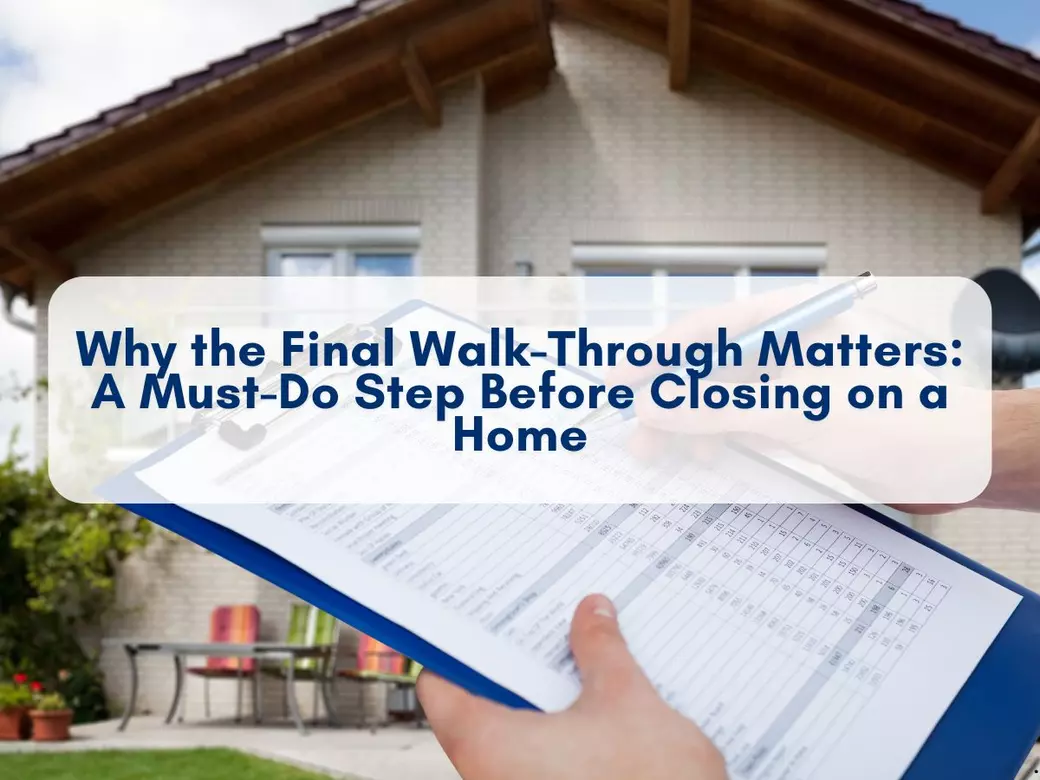
The Final Walk-Through: Why You Should Never Skip This Critical Step Before Closing
Buying a home—whether it’s your very first or your forever home—can feel like a whirlwind. You’ve navigated the loan application and mortgage approval, toured properties, submitted offers, survived the home inspection, and made it to the closing table. But before you take that final step, there’s one more crucial task that shouldn’t be overlooked: the final walk-through.
If you're a first-time home buyer, a military family PCSing to Virginia, or even someone buying land and building from the ground up, the final walk-through is a must. Think of it as your last line of defense—a final opportunity to ensure the property you're about to call home is in the condition you agreed to buy it in.
Skipping this step can lead to surprises you didn’t budget for—surprises that could impact your closing or cost you money after you’ve signed on the dotted line. So, let’s dive into what the final walk-through involves, why it matters, and how you can make the most of it.
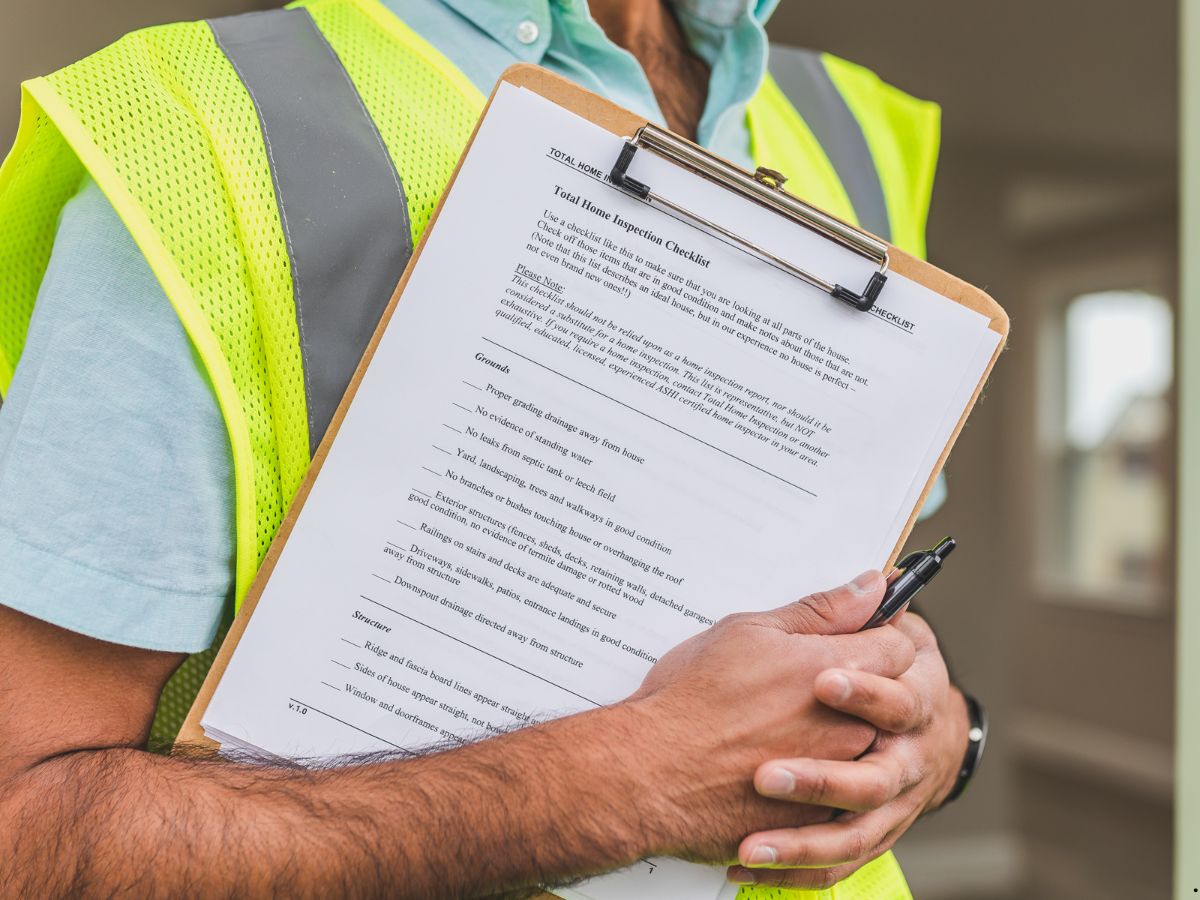
What Is a Final Walk-Through in Real Estate?
A final walk-through is the buyer’s chance to inspect the home one last time before closing. Typically scheduled within 24 to 72 hours before settlement, it allows buyers and their real estate agents to verify that:
- The home is in the same or better condition than when the offer was made.
- All negotiated repairs have been completed.
- No unexpected damage or changes have occurred.
- Items that were supposed to remain (like appliances) are still in the home.
- The property is clean and ready for move-in.
Unlike the home inspection, the final walk-through isn’t about discovering new issues—it’s about confirming that everything is as agreed in your contract.
Why the Final Walk-Through Is So Important
You might be thinking, “The house looked fine during the inspection. Why walk through again?” That’s a common myth among first-time buyers and even some seasoned ones. But the reality is, a lot can change between contract and closing.
Here’s what can go wrong if you skip it:
- Agreed-upon repairs were not completed—or weren’t done properly.
- Damage occurred during the seller’s move-out.
- Appliances or fixtures were removed despite being included in the sale.
- Leaks, electrical issues, or HVAC failures have developed.
- The home was left dirty or with trash and unwanted items.
Without a walk-through, you’re accepting the home as-is at closing—even if that means repairs are incomplete or items are missing. Once you sign, it becomes your responsibility.
What to Look for During Your Final Walk-Through
Your real estate agent will be by your side during the walk-through, but it’s essential that you, the buyer, know what to keep an eye out for. Here's what you should check:
✅ Repairs
Were repairs negotiated after the home inspection? Now’s the time to confirm they were done—and done right. Ask for receipts or documentation from licensed contractors, especially for big-ticket repairs like roofing or plumbing.
✅ Appliances and Systems
Make sure all appliances included in the sale are still present and working. This includes:
- Stove, oven, and range hood
- Dishwasher
- Refrigerator
- Washer and dryer (if listed in the contract)
- HVAC system (turn it on and check heating and cooling functions)
✅ Plumbing and Electrical
Test all faucets, flush toilets, and turn on lights in every room. Check that the water heater is functioning, outlets are live, and any ceiling fans or exhaust fans operate properly.
✅ Cleanliness and Condition
While homes don’t have to be spotless, they should be broom clean and free of personal items and debris. Check attics, basements, closets, and garages.
✅ Yard and Exterior
Walk the perimeter. Is the lawn maintained? Are fences or sheds in good condition? Has anything changed since your last visit, especially if you're buying land or a rural property in areas like Locust Grove, Unionville, or Rhoadesville?
What to Do If There’s a Problem
If you find an issue during the final walk-through, don’t panic—but don’t ignore it either.
Your real estate agent will help you decide the best course of action, which may include:
- Delaying closing until repairs are completed.
- Requesting escrow holdbacks, where a portion of the seller’s proceeds is held until repairs are verified.
- Negotiating seller credits at closing for unfinished work.
It’s always better to pause and resolve the issue before closing than to deal with it afterward at your own expense.
Don’t Use Your Walk-Through to Start Moving In
A common mistake many excited buyers make is treating the final walk-through as the green light to start moving in. But here’s the reality:
You don’t legally own the home until closing.
That means:
- Don’t bring boxes, furniture, or move-in items.
- Don’t start painting or remodeling.
- Don’t begin landscaping or exterior work.
There’s always the slim chance something could delay the closing—or that the seller hasn’t vacated yet. Moving in early can create complications and legal issues. Be patient. Once you’ve closed, you can celebrate with confidence!
A Final Walk-Through With Homes on Land
In more rural parts of Virginia—like King George, Louisa, or Spotsylvania—your home might include outbuildings, wells, septic systems, or large parcels of land. These features deserve special attention during your final walk-through.

- Check well and septic function if applicable.
- Confirm any outbuildings or barns are in agreed-upon condition.
- Verify that fencing, gates, and driveways are undamaged and usable.
- Inspect land features such as creeks, easements, and boundaries.
💡For buyers purchasing land with the intention of building, make sure all existing infrastructure is intact and matches your purchase agreement.
When to Schedule the Final Walk-Through
Most buyers complete their walk-through one to three days before closing, but ideally, it should be:
- After the seller has moved out, and
- After all agreed-upon repairs have been completed.
If your walk-through is scheduled before the seller moves out, you may need a second visit closer to closing to ensure nothing changed during move-out.
Your real estate agent will coordinate this step and confirm timing with the seller’s side to avoid any confusion or access issues. The final walk-through may only take 30–60 minutes, but the peace of mind it brings is priceless. It’s your last chance to protect yourself, your investment, and your future as a homeowner.
Ready to Feel Confident About Closing?
If you're navigating the home buying process in Central Virginia—you deserve guidance that’s tailored to your unique needs. The final walk-through is just one part of a much bigger journey, and having a trusted local expert by your side can make all the difference between a stressful closing and a smooth one.
As your REALTOR ®, I’ll make sure no detail is overlooked—from confirming repair completions to ensuring your new home is in the condition you agreed to purchase. I understand the local market, the unique nuances of rural properties, and the importance of protecting your investment—especially when you’re buying from out of town or on a tight timeline.
Your home is more than a purchase—it’s your future and whether you're buying in Lake of the Woods, Culpeper, or anywhere in between, I’m here to help you move forward with confidence and peace of mind.
Want to feel fully prepared for closing? Let’s talk. I offer personalized guidance and no-pressure consultations to help you make informed decisions from contract to keys.
Categories
Recent Posts

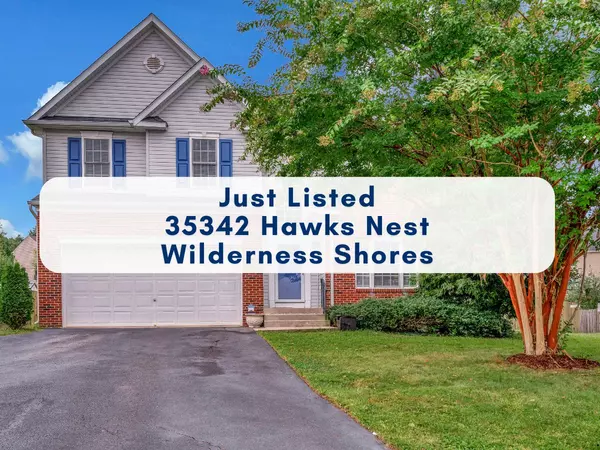

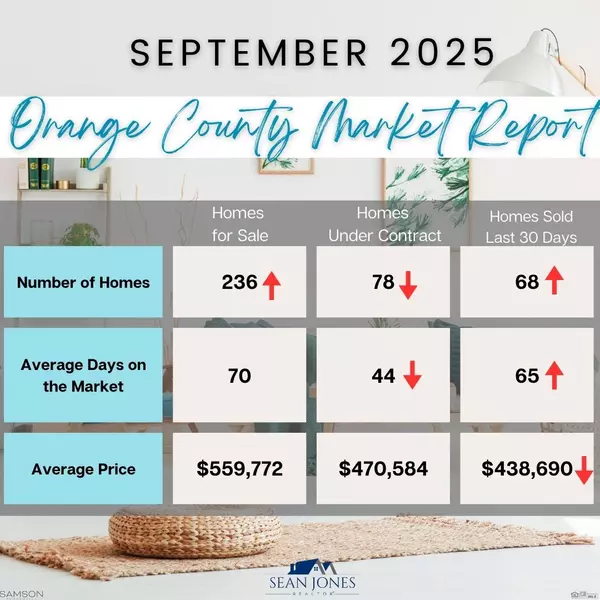
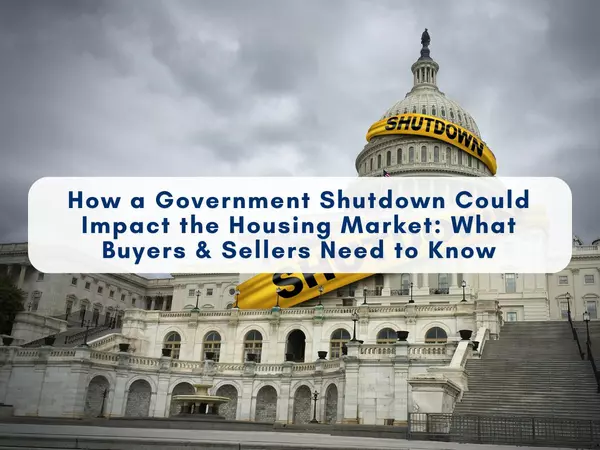

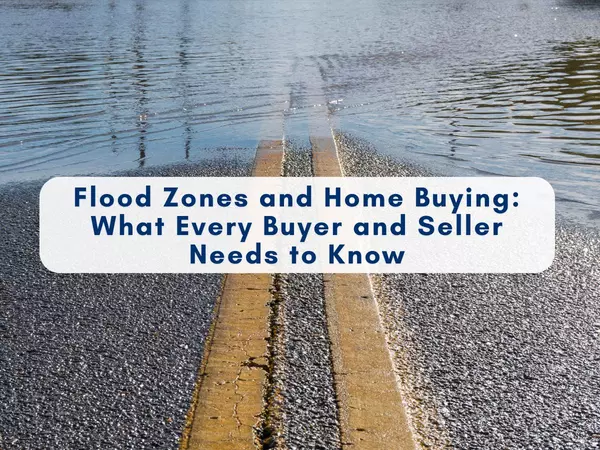

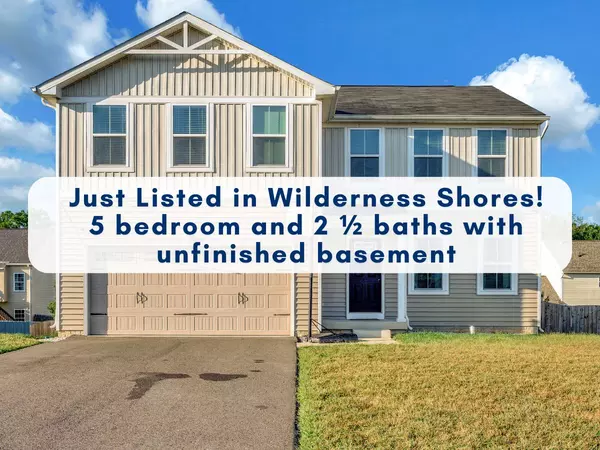
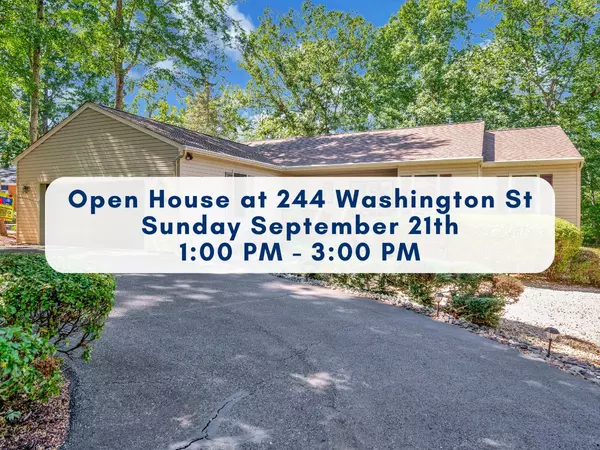

Buying a home isn’t just a financial decision—it’s a deeply personal journey filled with hopes, dreams, and big life changes. That’s why choosing the right real estate professional is one of the most important steps you can take.
A knowledgeable and experienced REALTOR® does more than open doors and write offers. They’re your advocate, your problem-solver, and your steady guide through what can sometimes feel like an overwhelming process. Whether it's navigating a competitive market, negotiating on your behalf, or keeping things on track behind the scenes, the right agent is there to protect your interests every step of the way.
In the end, buying a home should be an empowering experience. With the right person by your side—someone who brings both expertise and heart—you can move forward with confidence, knowing you're in good hands with Sean Jones.
GET MORE INFORMATION
